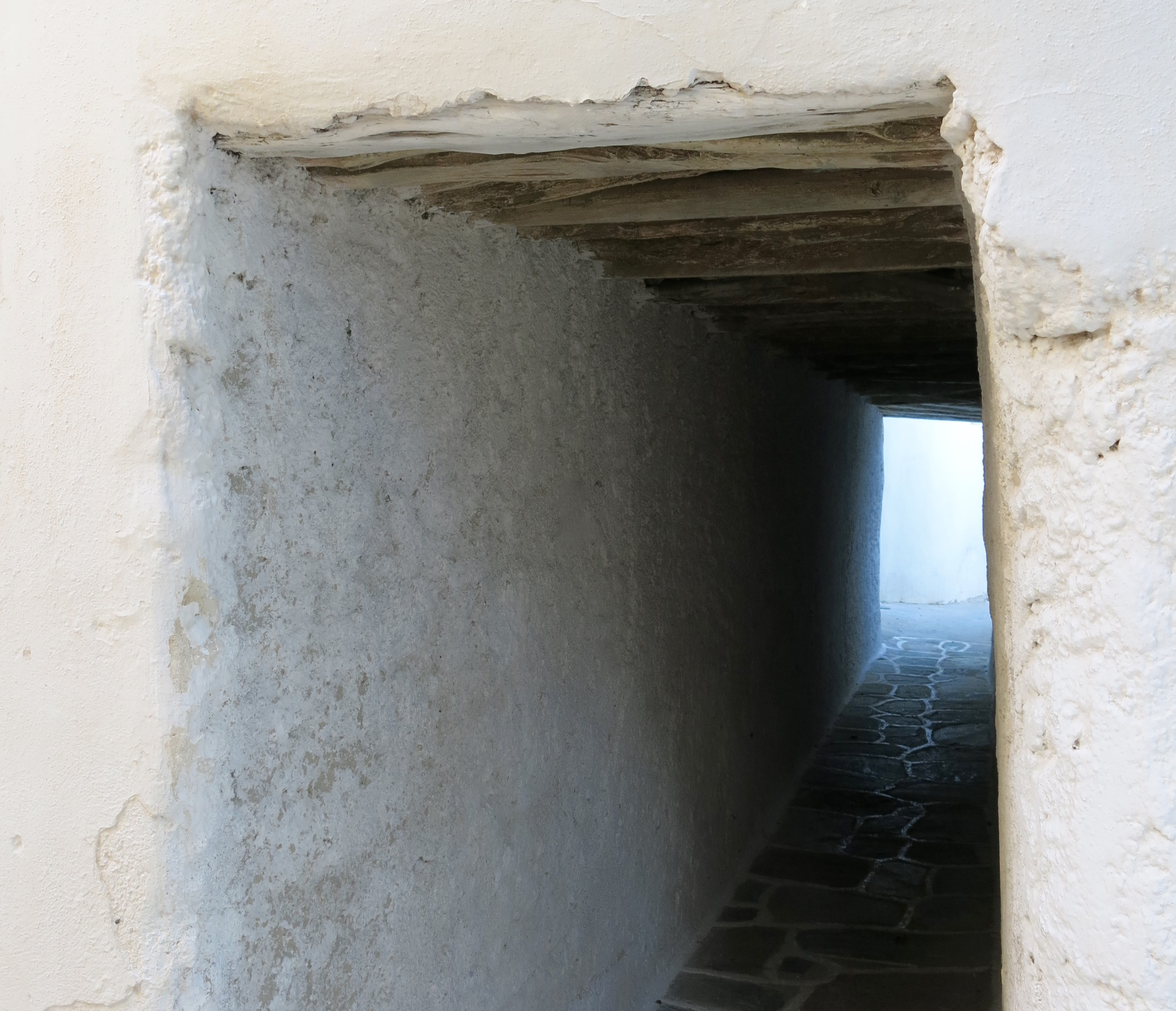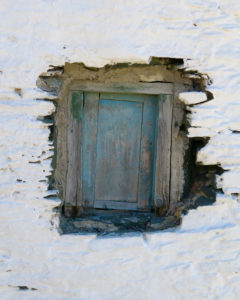
Writing is a journey that has no end; a path always in the making. It is impossible to say where and when – or how – it will end.
To write is to live between the signs of a ceaseless interrogation…to wander in the infinite extension of the verb.
Without a starting point or a clear arrival, writing forges its own path in the same way that the wind ploughs through and shapes the sand in the desert; or the way in which the fingers of someone in love stroke the face of the beloved one – each minute feature.
The blank page is a desert, a discernible silence, the indelible Word.
The desert: symbol of the only place the Word can be heard and received. The blank page, the only place where the Word can be created.
To write is to interrogate oneself without rest and without answers. To put on trial all that you believe you know in order to establish a new space for dialogue with the self, with the Other, or with that “metaphor for emptiness” called god.

And given that our capacity for dialogue is born from silence and solitude, the encounter with this Other will be marked by blank spaces, parentheses, hyphens, commas, italics, annotations on the margins in which the writer asks the reader to hold a pencil and trace the map of what s/he is reading. Cartography of infinity.
To think, to write, is to make oneself equal. Words and ideas are only subtle approximations of the equality of beings, a game of semblance, in the struggle of humanity against the object. We understand our humanity in the instant that we write ourselves, when we turn into Word. And it is in the Word where we discover our similitude with the Other.
Reality is objective, therefore reality is not enough for us, and to live is to write one’s own existence. As a poet I do not understand writing to be more than a means for establishing a commitment to the Other, one's neighbor – made in my image – incarnated since the time of the biblical prophets in the Stranger, the Orphan, the Victim of Oppression (political, social, moral, religious), the Exiled. And this commitment is a dialogue that calls for hospitality: a sacred duty that involves kinship and hope.

As I write these lines, I am traveling through Eastern Europe and from the margins arrive the murmurs of thousands and thousands of refugees beached on the shore of nothingness. Men, women and children. Children, thousands and thousands of children who have been denied the right to write, to read; the right to the Word that names a new world of colors and sounds, pleasant smells and kind voices that offer welcome. The Word that returns to create everything, the birds whose names we’ve never known, the taste of bread and salt, warm milk, honey, a sunset over the rooftops in the city that is also ours, the trees and their shadows, prime numbers, a story by Maurice Sendak, a childhood without bombs.
To write is to name what does not exist, so that it will come into existence.
-Ari Belathar, 2016 Poetry Fellow

